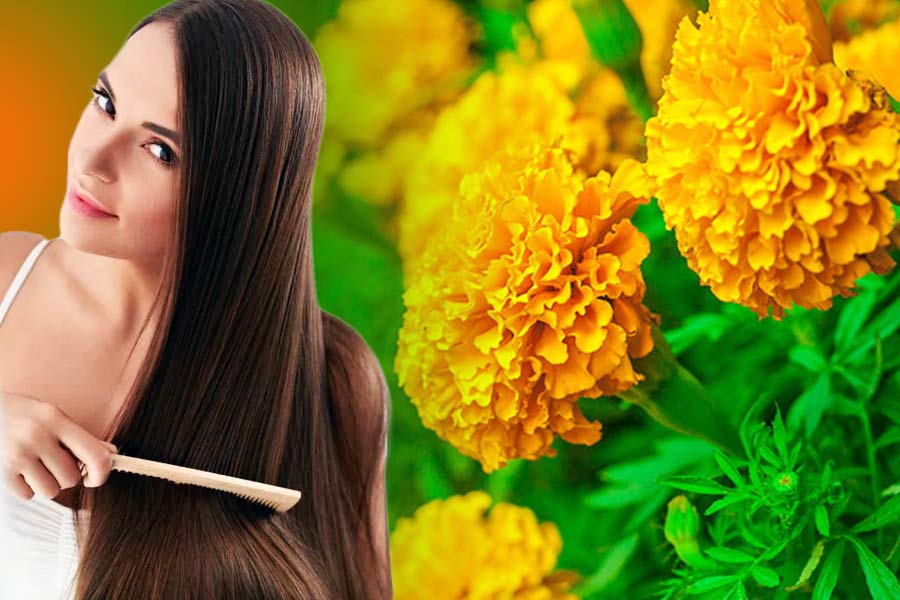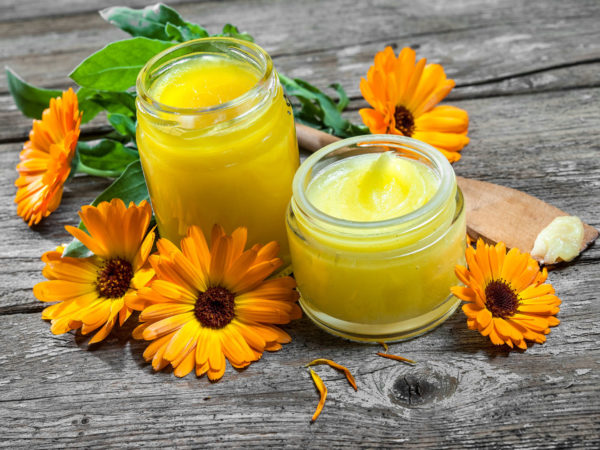marigold flower extract uses for hair
When it comes to natural beauty remedies, the marigold flower—also known as Calendula officinalis—has earned a place of honor for centuries. Recognized for its vibrant orange and yellow petals, the marigold is more than just a pretty bloom. Rich in healing and protective compounds, marigold extract has long been used in traditional medicine, skincare, and now, more prominently, in hair care.
From calming itchy scalps to promoting hair growth and enhancing shine, marigold flower extract is becoming a star ingredient in holistic hair care routines. This blog dives into how this humble flower can transform your tresses and promote overall scalp and hair health.
What Is Marigold Flower Extract?
Marigold flower extract is derived from the petals of the Calendula officinalis plant. This botanical extract is loaded with bioactive components, including:
-
Flavonoids
-
Triterpenoids
-
Carotenoids (like lutein and zeaxanthin)
-
Essential oils
-
Saponins
These naturally occurring compounds give marigold its antioxidant, anti-inflammatory, antibacterial, and healing properties—making it incredibly beneficial for both skin and hair applications.

Top Benefits and Uses of Marigold Flower Extract for Hair
Let’s explore the specific ways marigold extract can benefit your hair and scalp.
1. Promotes a Healthy Scalp
Marigold extract helps maintain a clean, balanced scalp thanks to its antibacterial and anti-inflammatory properties. It soothes irritation, combats microbes, and supports a healthy environment for hair growth.
2. Encourages Hair Growth
Marigold extract improves blood flow to the scalp, nourishes hair follicles, and protects against oxidative stress. These factors support healthier, stronger hair growth over time.
3. Fights Dandruff and Flakiness
Its antifungal and hydrating properties make marigold effective against dandruff and scalp dryness. Regular use can reduce flakes, itching, and discomfort.
4. Strengthens Hair Strands
Loaded with carotenoids, marigold extract protects hair fibers from damage, strengthens the hair shaft, and improves texture. It can help reduce breakage and split ends.
5. Adds Natural Shine and Softness
By conditioning the hair and sealing in moisture, marigold extract enhances shine and softness without the need for heavy, synthetic products.
6. Natural Hair Rinse for Golden Highlights
Marigold has long been used as a natural brightener for blonde and light brown hair. A marigold rinse can subtly enhance golden tones and bring warmth to your natural color.

How to Use Marigold Extract for Hair
You can incorporate marigold extract into your routine in various ways:
-
Hair Oils: Infuse dried marigold in coconut or olive oil for a scalp treatment.
-
Herbal Rinses: Steep petals in hot water and use the infusion as a rinse post-wash.
-
Hair Masks: Mix marigold extract with aloe vera or yogurt for a soothing mask.
-
Shampoos & Conditioners: Choose products containing Calendula officinalis extract.
-
Scalp Serums: Apply serums for scalp repair, especially after color treatments.

Is It Safe for All Hair Types?
Yes, marigold extract is generally safe for all hair types, including curly, coily, straight, and color-treated hair. However, individuals with allergies to plants in the daisy family (Asteraceae) should do a patch test before use.

Final Thoughts
Marigold flower extract offers a wide array of benefits for your hair and scalp. From encouraging growth to fighting dandruff and adding radiant shine, this natural ingredient has earned its place in the spotlight. Whether you choose to use it in homemade treatments or as part of a ready-made product, marigold can help you achieve healthier, more vibrant hair—naturally.
As the beauty world continues to embrace plant-based solutions, marigold stands out as both time-tested and science-backed. So next time you're exploring hair care options, consider this golden flower as your next go-to botanical ally.
References
-
Preethi, K. C., & Kuttan, R. (2009). Wound healing activity of flower extract of Calendula officinalis. Journal of Basic and Clinical Physiology and Pharmacology, 20(1), 73–79.
-
Della Loggia, R., Tubaro, A., Sosa, S., Becker, H., Saar, S., & Isaac, O. (1994). The role of triterpenoids in the topical anti-inflammatory activity of Calendula officinalis flowers. Planta Medica, 60(6), 516–520.
-
Lin, T. K., Zhong, L., & Santiago, J. L. (2017). Anti-Inflammatory and Skin Barrier Repair Effects of Topical Application of Some Plant Oils. International Journal of Molecular Sciences, 19(1), 70.
-
Das, S., & Das, J. (2015). Herbal Plants Used in Hair Care: A Review. International Journal of Pharmaceutical Sciences and Research, 6(2), 478–483.
-
Sharma, P. P., & Yelne, M. B. (2001). Database on Medicinal Plants Used in Ayurveda, Volume 3. Central Council for Research in Ayurveda and Siddha.

